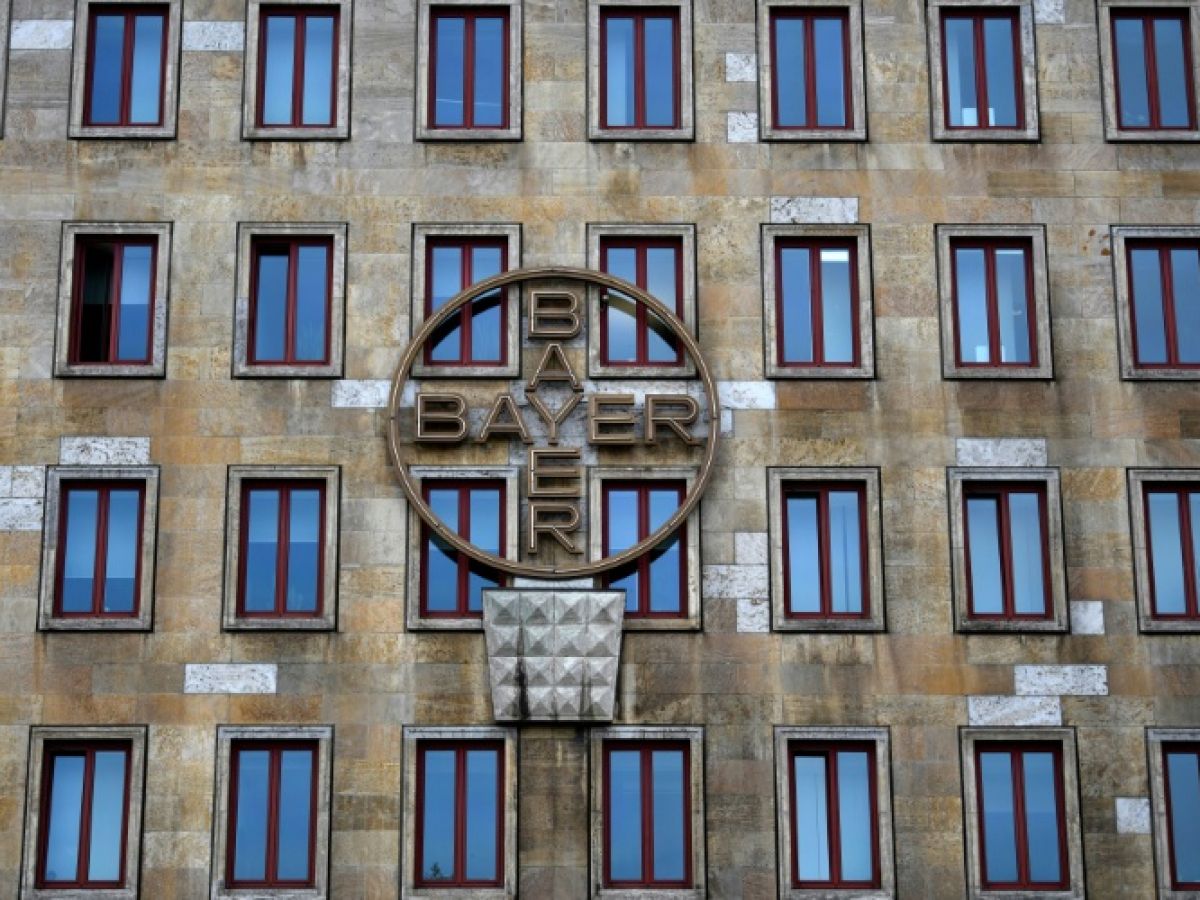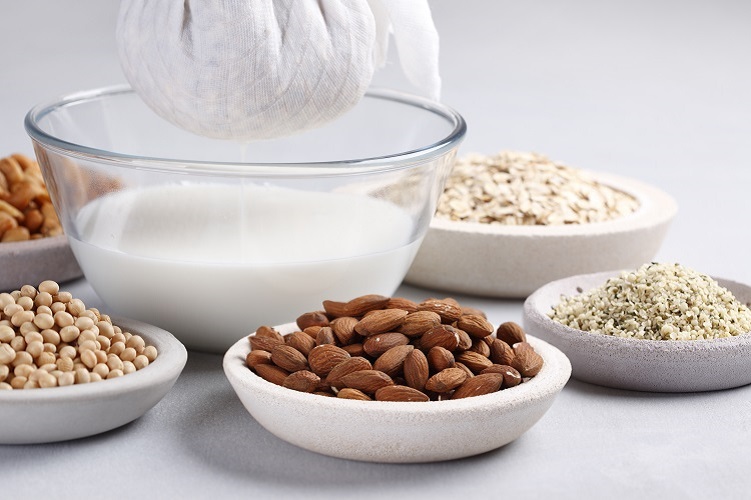Chemical giant Bayer, sued by a family whose son suffers from severe malformations that they attribute to his in utero exposure to glyphosate, vigorously defended itself on Thursday before the Vienne court in Isère.
There is "no causal link" between the German group's flagship herbicide and the adolescent's disability, just as there is "no effect on human reproduction," assured Bayer's lawyer, Jean-Daniel Bretzner, citing numerous scientific studies.
The parents of 17-year-old Théo Grataloup are convinced of the opposite and launched a civil action in 2018 to have this link recognized by the courts, a "first" according to them since the other lawsuits brought against the German group mainly concern cancers.
"I represent all those with deformities," and if I win, "it will set a precedent and allow other victims to go to court much more quickly," Théo told AFP upon his arrival at the courthouse.
"This fight is beyond me," he added in a thin voice.
The teenager was born with "his esophagus and trachea not separating properly," explains his mother, Sabine Grataloup. Since then, he has undergone 55 surgeries that allow him to eat, breathe, and speak normally through a "hole in his throat."
For her, her disability began in August 2006. At the time, she says, she used glyphosate to weed a riding arena, spraying it "several times a day, without any special protection." She was unaware at the time that she was "a few weeks pregnant," a key period in fetal development.
– “David versus Goliath” –
During the hearing, Bayer's lawyers criticized two testimonies from workers present that day, which they described as "improper statements," "written eleven years after the events" to establish Ms. Grataloup's exposure to Glyper, a generic version of Monsanto's Roundup herbicide.
Mr. Bretzner also attributed responsibility for the manufacturing of the product at the time to a Belgian entity within the group, which the opposing party refutes.
"There are serious, precise and consistent presumptions" concerning the causal link between this use of glyphosate and Théo's disability, argued the lawyers for the Grataloup family, raising in particular "the temporal proximity" and the absence of other "external causes and elements."
Mr. Bertrand Repolt also denounced an attempt "to dilute the responsibilities" of the defender.
At the end of the hearing, Ms Grataloup compared her fight to that of "David versus Goliath": "in the opposing party's argument, it was a bit like 'it's not me, it's my Belgian cousin', and we, a small family from northern Isère, would have had to sue the Belgian company and then the Italian company, and probably also the American company..."
– Billions of dollars –
Glyphosate, the world's best-selling herbicide (800,000 tonnes in 2014), was classified in 2015 as a "probable carcinogen" by the World Health Organization's International Agency for Research on Cancer.
In 2022, the French Pesticide Victims Compensation Fund acknowledged the possible link between glyphosate and Théo's deformities, and he has since been receiving monthly compensation of €1,000.
Since the end of 2018, the product has been banned for domestic use in France. However, its approval in Europe was renewed in November 2023 for 10 years "subject to certain conditions and restrictions."
Since acquiring Monsanto, Bayer has had to pay more than $10 billion in damages in more than 100,000 cases related to glyphosate, particularly in the United States, which is accused of causing cancer, a claim the company denies.
The decision was reserved until July 31.

